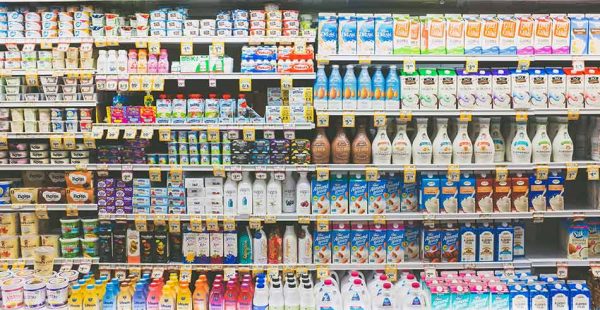Current American obsession, oat milk, has significantly caused the $1.1 billion decline in the American dairy industry. This was revealed recently by The Dairy Farmers of America which constitutes around 30 percent of the registered dairy producers in the country. The records referred to the total sales in 2018 in comparison to the sales back in 2017.
Although the organization also attributes the decline to the overall $1.45 drop in the average price per unit of milk annually, it can also be caused by the sudden trend in using alternative milk products such as soy, nut, and oat in establishments like coffee shops and grocery stores.
As customers adopt a vegan lifestyle, options such as rice milk, soy milk, almond milk, hemp milk, and coconut milk are increasing in demand especially in store shelves. Sales of these dairy alternatives increased by 9 percent and profited $1.6 billion in 2018, as reported by the Plant-Based Foods Association.
Customers’ demand for oat milk back in 2018 has resulted in a shortage and higher prices, particularly to an online store called Oatly Marketplace where the products were sold as high as $200. This demand for plant-based alternatives provided an avenue for start-up business owners to sell non-dairy milk, which also included products derived from fermented yeast.
On the other hand, dairy producers are threatened by this booming industry. Some associations even appealed to the Food and Drug Administration to “prohibit non-dairy products from using the term ‘milk’ on their labels.” While Scott Gottlieb, outgoing FDA commissioner, seems to be considering the proposal, the Ninth Circuit court easily dismissed it. According to them, dairy milk is not indistinguishable from almond milk.
While the dairy industry might be challenged by the innovations that are hitting the grocery aisles, another side of the dairy market is still as promising as ever: Americans are witnessing the rebirth of flavored creamers for their coffee.















